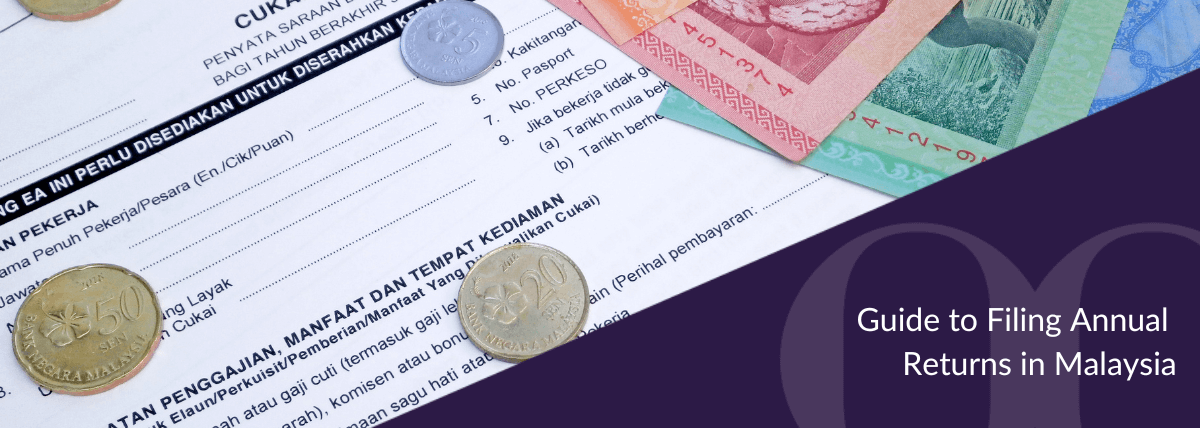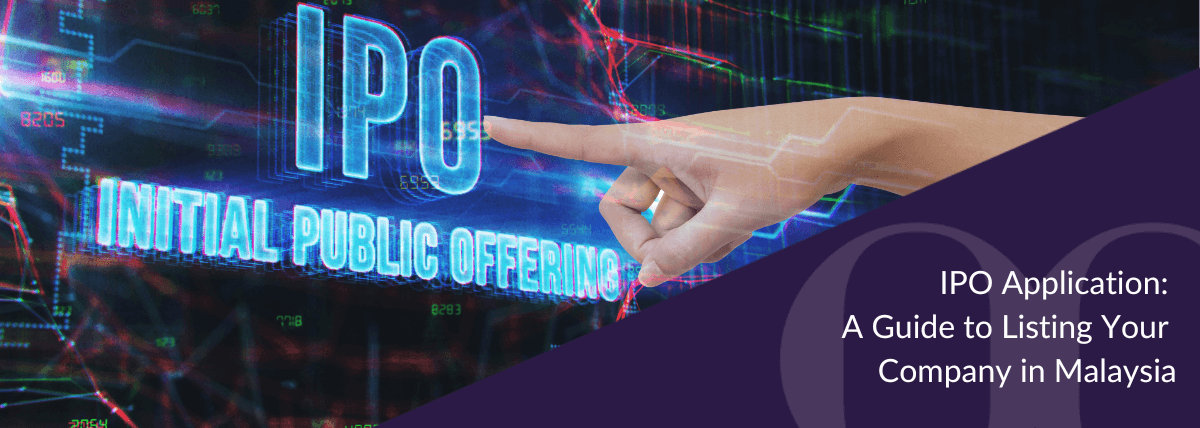The Annual General Meeting (AGM) is an annual meeting where a company’s shareholders and board of directors come together. It plays an important part in facilitating effective corporate governance in Malaysia, acting as a crucial forum for direct dialogue between shareholders and the management team. With AGMs, companies can enable transparent decision-making and strategic direction setting and solidify investor confidence. In this guide, we explore the regulatory requirements, preparation processes, best practices for conducting AGMs in Malaysia, and how to ensure compliance and foster stakeholder engagement.
Overview of Corporate Governance in Malaysia
The Malaysian Companies Act 2016, which establishes basic requirements for company formation and permits businesses to specify their control structure in their Memorandum and Articles of Association, defines the corporate governance framework in Malaysia. The Companies Act ensures that local businesses operate within a framework that serves the best interests of all stakeholders by emphasising transparency, accountability, and the protection of stakeholders’ rights.
Regulatory requirements for AGMs in Malaysia
The Companies Act 2016 lays the foundation for conducting AGMs. It emphasises transparency, accountability, and shareholder engagement; it ensures companies in Malaysia operate in a manner that is not only compliant but also ethically sound and reflective of stakeholders’ best interests. This backdrop supports a business environment where informed decision-making and strategic foresight are not just encouraged but required.
Businesses in Malaysia must conduct AGMs within six months after the end of their fiscal year according to the Companies Act. These meetings must take place in Malaysia and can be in physical, virtual, or hybrid modes. The regulation sets quorum requirements, which require at least two members to be present, as well as a minimum 21-day notice period for all participants, while a 28-day notice period is advised to enhance corporate governance.
Key Agenda Items of AGMs
AGMs support open communication between a company’s board, management, and shareholders, as well as accountability inside the organisation. Their crucial significance in the field of corporate governance is highlighted by a number of functions and responsibilities.

Preparing for an AGM
Before holding an AGM, a company must go through a thorough preparation process, and it usually includes the following steps:
The board of directors sets a detailed agenda for the AGM with input from the company secretary, covering points such as financial reporting, dividends and election of directors.
The company secretary then ensures the AGM’s compliance with the Companies Act 2016 and relevant securities regulations in Malaysia, and verifies all necessary documents.
The company secretary drafts and sends out AGM notices, which include the date, time, location and agenda, with a minimum 21-day notice period for shareholder preparation.
Shareholders are given instructions on how to appoint a proxy who can vote on their behalf in case of their absence. The company secretary collects and verifies all the proxy forms.
Several efforts are made to enhance shareholder communication leading up to the meeting, including Q&A forums, dedicated hotlines, or information sessions.
Conducting an AGM
Once the preparation stage is completed, the Annual General Meeting (AGM) will be conducted in compliance with a set of formal procedures and protocols, which include:
The AGM begins with the chairperson opening the meeting, followed by a roll call to establish the presence of a quorum. The meeting agenda guides the discussion of each item in turn.
A minimum of two shareholders, either in person or by proxy, constitutes a quorum for an AGM unless the company’s constitution states otherwise.
Documents such as the directors’ report and the annual financial report are given to the shareholders. These reports offer a thorough summary of the business’s accomplishments and financial status over the last 12 months. Resolutions are put forward to shareholders for voting after the presentations. These may include the appointment of auditors, the reelection of directors, and the approval of the financial statements.
Shareholder Rights and Participation
Shareholder participation is a key element in any AGM in Malaysia, as it enables stakeholders to have a meaningful impact on the company’s operation and development.
Their participation usually includes the following activities and rights:
Voting Procedures
Voting allows shareholders to exercise their rights and influence the company’s decisions. Shareholders can vote in person or via proxy for each resolution. This could be done via a show of hands or electronic voting.
Resolutions
Resolutions are formal decisions that shareholders vote on during the AGM, which can include the approval of financial statements, election or re-election of board members, mergers, acquisitions, or changes in the company’s constitution.
Q&A Sessions
These sessions enable shareholders and the company’s board of directors to communicate directly. In particular, shareholders can raise questions, seek clarifications, and express concerns regarding the company’s operations, financial health and strategies.
Recent Developments and Best Practices
In recent years, there have been numerous changes to AGMs in Malaysia. The majority of these have been propelled by simultaneous worldwide developments in technology and increased awareness of Environmental, Social, and Governance (ESG) principles.
Virtual and Hybrid Meetings
The adoption of digital formats for has increased significantly around the world, including Malaysia. Even with physical meetings making a comeback in 2023, virtual meetings accounted for 58% of all meetings in Malaysia.
ESG Prioritisation
ESG topics have gained prominence in corporate governance. Shareholders increasingly demand transparency and action on issues such as climate change and sustainable business practices through resolutions at AGMs. Bursa Malaysia has also introduced the new enhanced Sustainability Reporting Framework, aimed at facilitating businesses in embracing global standards for disclosing ESG-related information. By strengthening your ESG compliance, companies can help attract investment, improve your corporate reputation and minimise your risk of penalties for non-compliance.
Best Practice Guide
Bursa Malaysia has released the Best Practice Guides on AGMs, which provide a thorough framework for navigating the changing environment. These principles assist businesses in adopting international best practices, ensuring regulatory compliance, and organising productive meetings. They address useful issues, including how to improve shareholder involvement, how to employ technology for distant voting, and how to enable open dialogue about ESG issues.

Challenges and Mitigation Measures
Companies conducting AGMs often encounter several challenges, including securing widespread shareholder engagement and navigating the logistical intricacies of hybrid meeting formats. To tackle these issues, companies in Malaysia are advised to implement different measures for each area.
How Can BoardRoom Offer Support for Your AGM in Malaysia?
BoardRoom offers comprehensive share registry services, managing more than 350 AGMs and meetings every year in Malaysia. With a strong focus on enhancing engagement, streamlining proceedings, and ensuring regulatory requirements are met, BoardRoom empowers businesses in your AGM preparation.
Contact us today to discuss your AGM needs and make your next AGM a seamless experience.
Related Business Insights
-

08 Jul 2024
Guide to Filing Annual Returns in Malaysia
Ensure compliance and maintain your business's integrity in Malaysia with this guide on filing annual returns effic …
READ MORE -

24 May 2024
10 Advantages of Outsourcing Your Payroll Services
Explore the benefits of outsourcing payroll and discover how outsourced payroll providers like BoardRoom can stream …
READ MORE -

24 May 2024
IPO Application: A Guide to Listing Your Company in Malaysia
Navigate your IPO application in Malaysia effortlessly with BoardRoom's expert support and unlock opportunities on …
READ MORE

